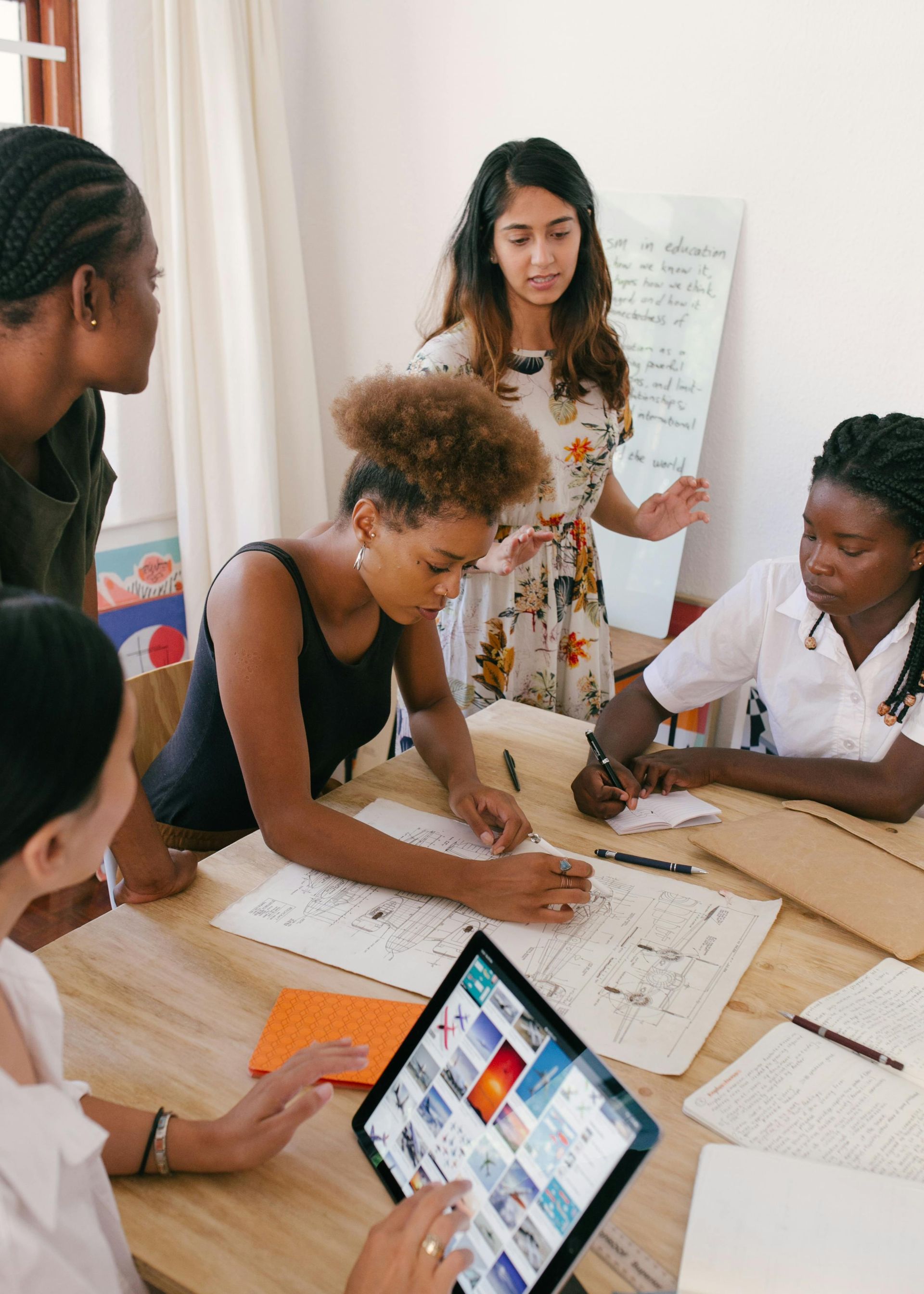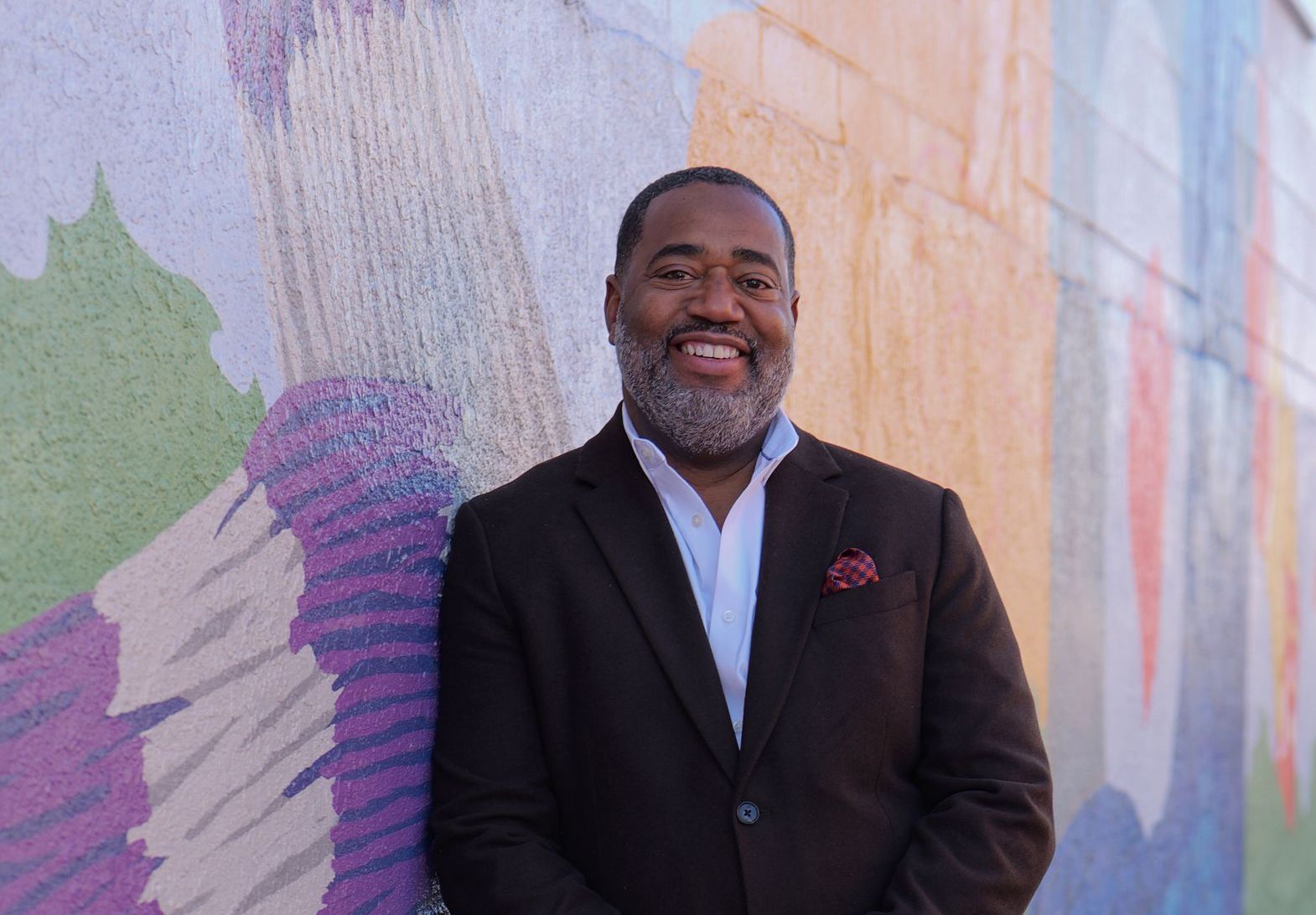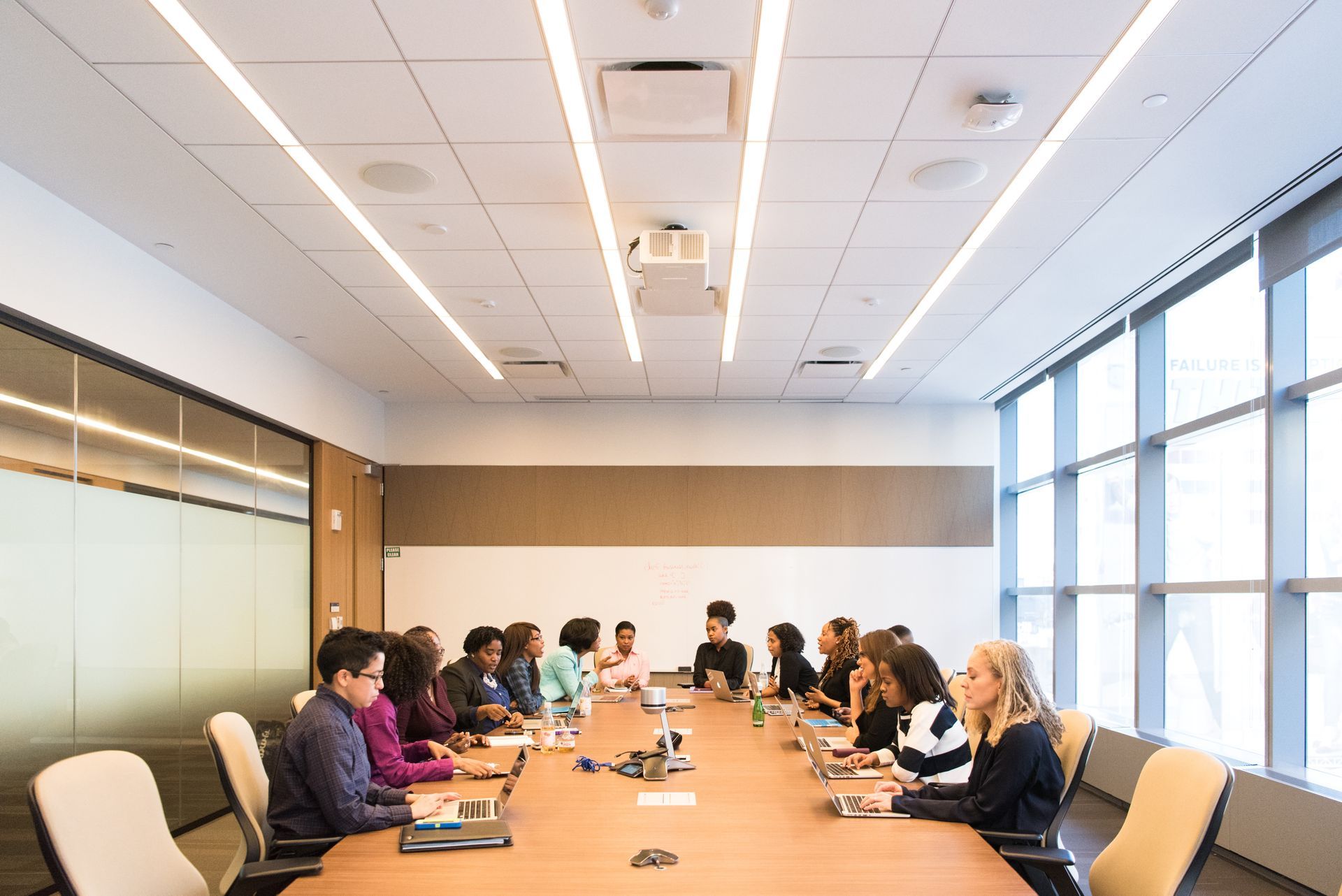Bias in the Workplace
Derryl Glaze • October 25, 2023
Consider bias within your workplace...

People from different backgrounds bring a range of skills with them. Sharing their lived experiences, education, and employee experiences promotes cross cultural learning. People become better, more agile thinkers and improve their problem-solving ability.
Implicit Bias
Implicit bias refers to attitudes, prejudices, and judgments that we unconsciously hold about people or groups. By definition,
we are either unaware of these feelings or we are unable to pinpoint where they come from. While everyone has implicit biases, the nature of these prejudices aren’t universal. They’re ingrained in our subconscious through our individual experiences, upbringings, and backgrounds. For example, we often have biases related to racial groups, including our own. While many unconscious biases are related to ethnicity, it's possible to have biases based on sexual orientation, education, or gender.
How does this happen
— particularly when most of us grew up hearing the advice, “Never judge a book by its cover?” Well, inherently, implicit biases aren’t meant to be bad. We don't choose to develop them, and without deliberate effort, we don't see them — they are blindspots. They’re designed to help your brain function more efficiently.
We’re constantly taking in information, through our experiences, the experience of others, and information that we’ve seen or heard. Our brain files this information away to create cognitive decision-making shortcuts. That way, when we see that sketchy figure in a hoodie coming our way, we don’t think twice about moving to safety. This type of implicit social cognition could also be called street smarts.
Without being aware of these biases, people may engage in discriminatory behavior towards others.
Workplace Behavior
Research indicates that people with “whiter” resumes are more likely to receive callbacks for jobs. People widely — even people of color — show a preference for white faces over Black faces. Researchers theorize that "Stigmatized group members develop negative associations about their group from their cultural environments.”
Making decisions about people — especially when those decisions have the power to change someone's life
— shouldn't be subject to shortcuts. Just because challenging our implicit biases takes effort doesn't mean it isn't worth doing. Lazy thinking is problematic thinking. Learning about implicit bias gives us the ability to take those thoughts to trial.
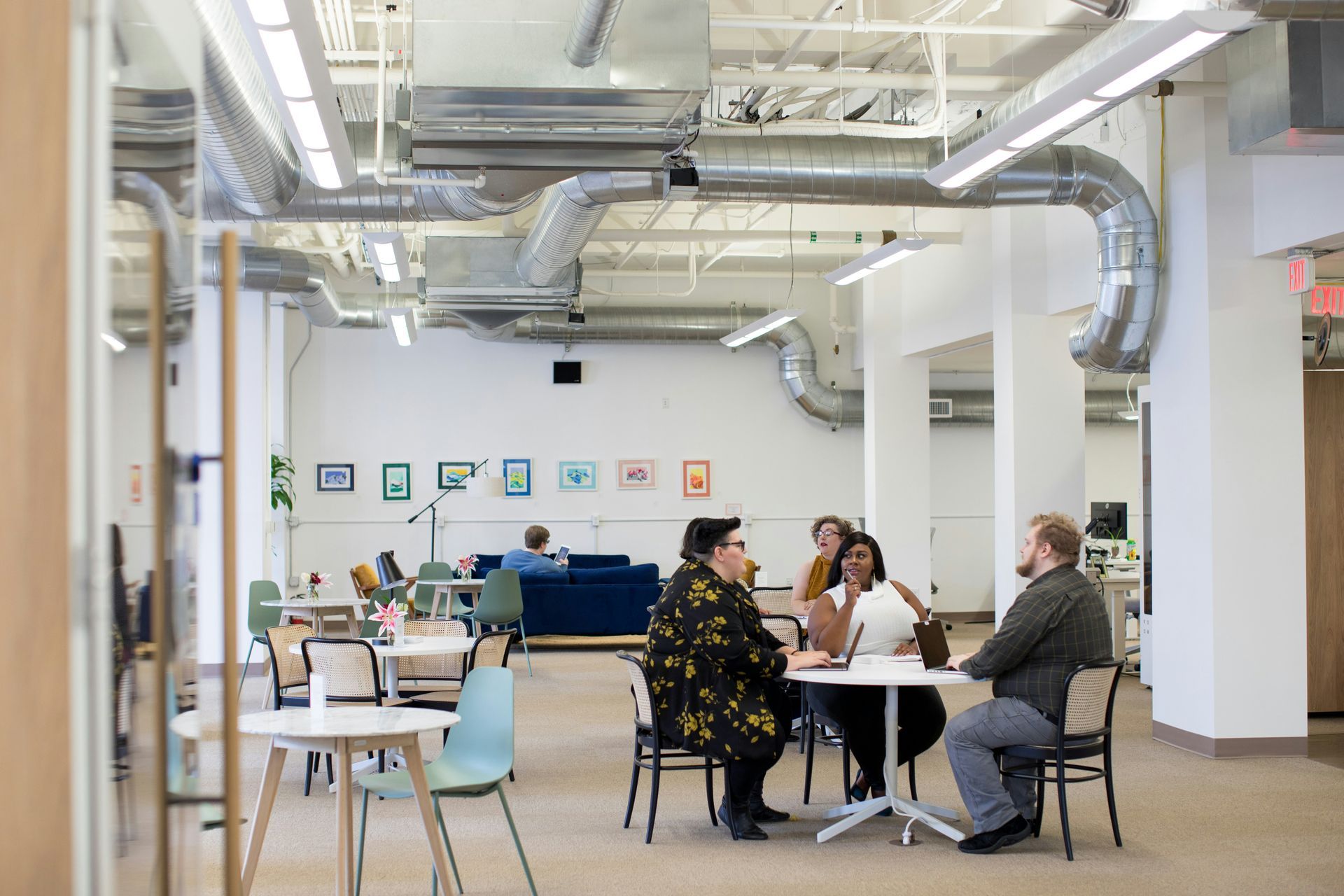
In today’s rapidly evolving business landscape, the emphasis on diversity, equity, and inclusion (DE&I) has never been more pronounced. Oracle’s recent blog post, "Five Ways Diversity and Inclusion Impact Your Business," delves into the profound impact that DE&I practices have on organizations. Here’s a comprehensive review of their compelling arguments and insights.

Microsoft's decision to incorporate diversity goals into performance reviews marks a significant step towards fostering a more inclusive workplace culture. By making diversity a measurable component of employee success, Microsoft is not only prioritizing social responsibility but also recognizing the strategic importance of diversity in driving innovation and competitiveness.
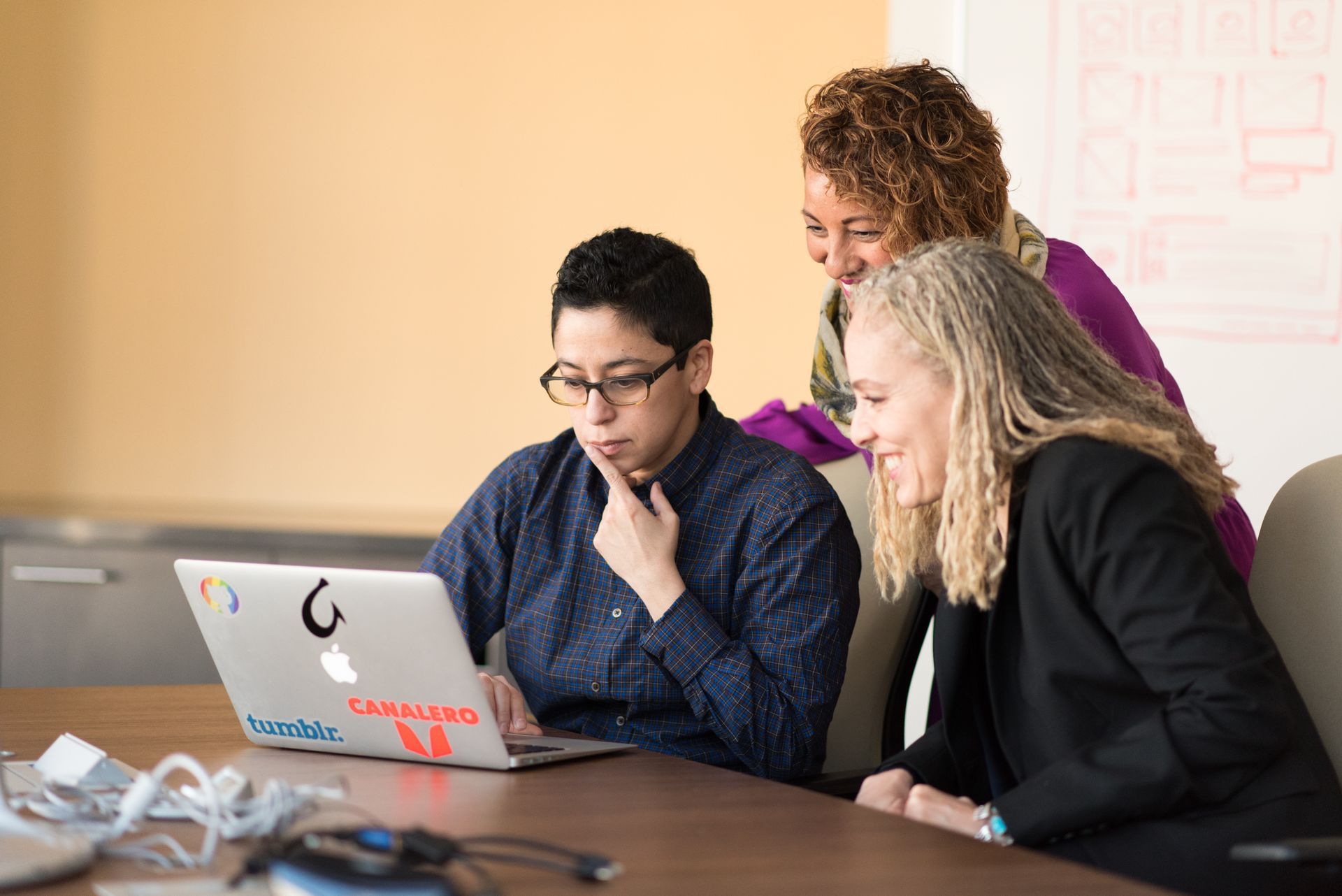
In a recent Harvard Business Review article, the authors state the value of belonging at work: "Humans are so fundamentally social that we can even bond with strangers over the very experience of not having anyone with whom to bond." Additionally, they state: "If workers feel like they belong, companies reap substantial bottom-line benefits. High belonging was linked to a whopping 56% increase in job performance, a 50% drop in turnover risk, and a 75% reduction in sick days. For a 10,000-person company, this would result in annual savings of more than $52 million." Whether it is for reasons related to company performance and the bottom line, or just an organization's desire to be employee-centric and sincerely focus on the human needs of its employees, leaders need to look for ways to help every employee feel welcomed, needed, wanted, valued, and that they have a genuine way to connect and contribute. 419-270-9017
